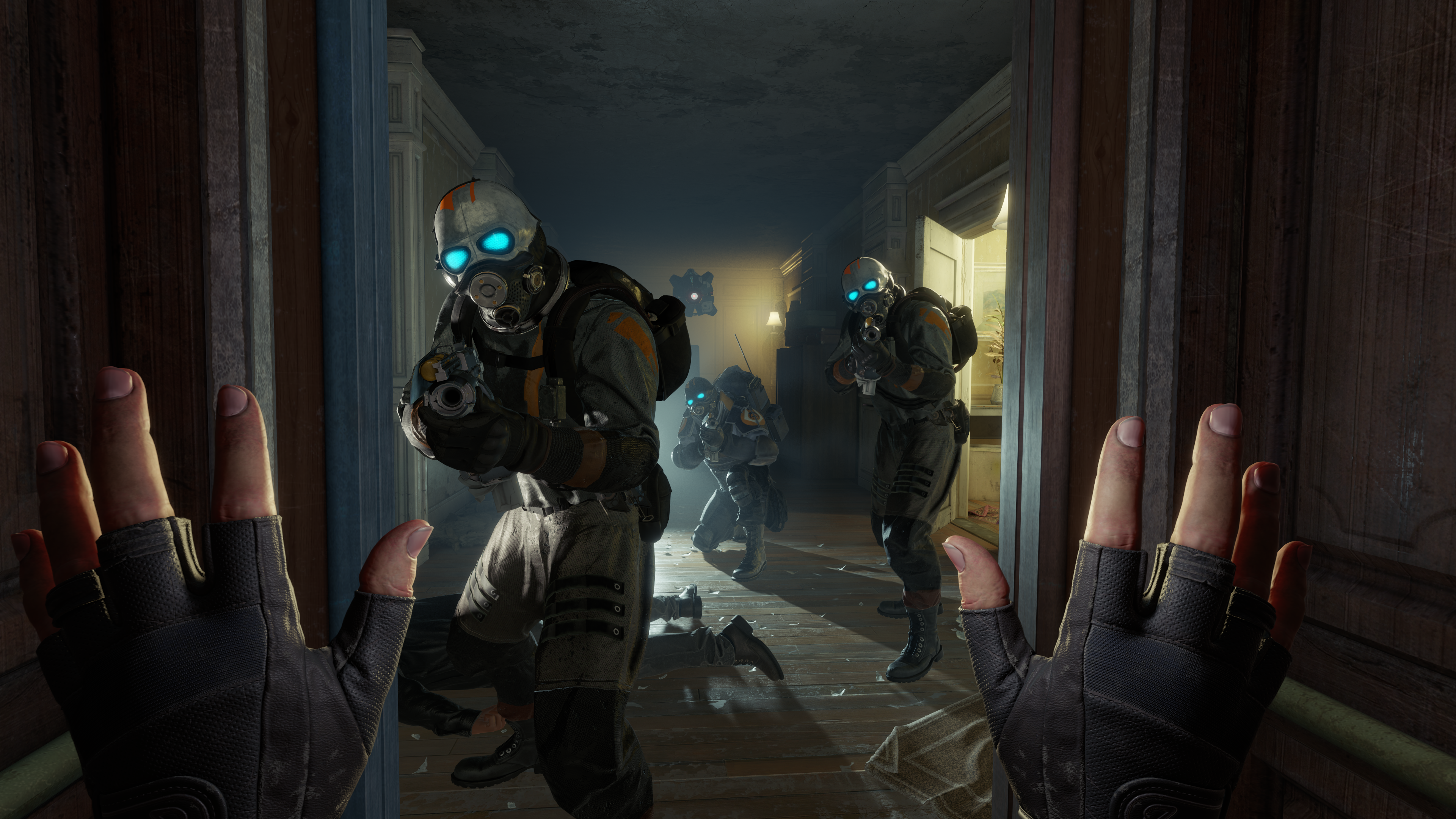Fable eventually was released in 2005 to high anticipation, but the game failed to live up to Molyneux’s sky-high aspirations. The game earned acclaim for its real-time combat and various methods of dispatching foes, but the morality system was much more limited than originally pitched (good and evil were the only really distinctive ways to progress in the game) and a number of features such as the children component were missing. The abilities to impact the story and the world around you were disappointingly limited as well. But despite these problems, Fable was still received with enough praise that it became a full-fledged series, with Fable II dropping in 2008 and Fable III in 2010.
While Molyneux’s inventive mindset gave rise to the "god game" genre (a genre loved by many a PC gamer), he’s also earned himself a number of negative connotations with how he promotes his games. It’s become a running joke that Molyneux tends to hype up any project he invests in to absurdly high levels, only to have the games miss their mark in one way or another. Fable became one of the most noteworthy examples of this "Molyneux Paradigm." During the game’s development, Fable was regarded by Molyneux and Lionhead as a paramount innovation in role-playing games. Using more open-ended role-playing elements like morality and personal alignments was pitched as this rejuvenation of the role-playing idea, a way to give players more options in creating an avatar and playing to their liking. Molyneux himself even referred to Fable as what would be "the best game ever" during the development.
Based on the Fables comic books by Bill Willingham, The Wolf Among Us is a cool, noir detective story with a fantasy twist. When characters from fairy tales are exiled to live in the human world, the Big Bad Wolf changes his ways and becomes Sheriff Bigby Wolf, the lawkeeper of Fabletown. After discovering the horrible murder of a young woman, Bigby embarks on a desperate hunt for a serial killer and along the way finds himself digging deeper into the corruption and organized crime at the heart of the Fable community. It's a tense story with plenty of interesting characters, and it has the potential to be a great crime thriller movie - with a talking pig as a bo

Movement off the horse, such as in a dungeon or mine, occurs with no player input, putting focus solely on clearing away baddies. Combat is handled via two main powers controlled by each hand. The right hand casts a damage-dealing attack spell, while the left hand can push enemies back or fling environmental objects at them. To execute either attack, you simply aim at the intended target and push your lower arm away from your upper arm with the palm facing out. While it’s a simple combat system, it truly feels that you are the one casting the spells -- always a victory for motion-based titles. Common variances like needing the left hand to pull the armor off of an enemy, while dealing damage with the right prevents gameplay from seeming stale.
There’s something odd about an HD port built for a console which itself has games that are being ported to a superior console. Let’s reflect on Fable Anniversary for a second: it’s a 2014 Xbox 360 remake of an Xbox
Adventure game treasure Maps from 2004. We’re in an age where people are demanding for spectacular looking games like Grand Theft Auto V and The Last of Us to be ported to Xbox One and PS4, and this is an Xbox 360 port of an original Xbox game. As such, judging it is fairly hard to do after spending countless hours over the past few months scrutinizing next-gen ports like Tomb Raider, Madden 25 and Call of Duty: Ghosts, when Fable Anniversary would be a resounding success if it matched the 360 quality of any of them. Still, while a remake of Fable might have been better suited for release before Fable II or as a three-pack with its sequels on Xbox One before Fable IV (please?), the sheer fact that Lionhead and Microsoft care to do it at all is great fan service for players who have had to deal with an antiquated game — classic as it may be.